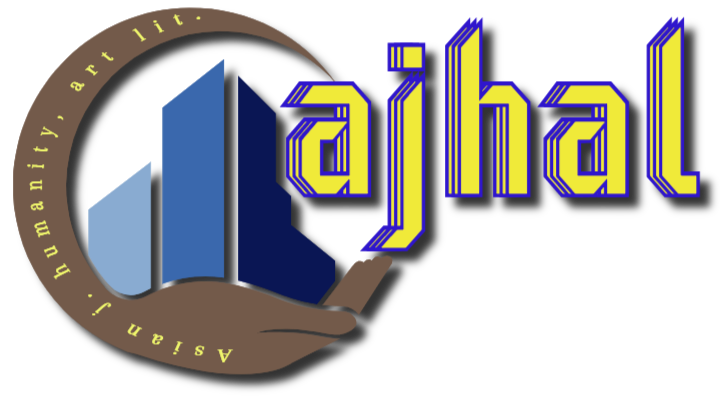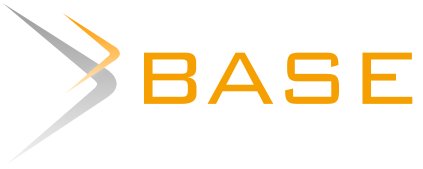Effect of Information Technology on Social Movements: A case study of Arab countries
DOI:
https://doi.org/10.18034/ajhal.v1i2.286Keywords:
Information Technology, Social Movements, Arab countriesAbstract
Social networking websites are: face book, twitter, beebo, orkut etc. The fact is that this technological advancement is changing the urban sociology drastically. Its effects range from personal friendships to political movements.
The demonstrations in Iran were mainly organised through face book and twitter. They had a major role in the overthrow of Tunisian president. There are wide spread protests in Egypt also. People of Egypt were demanding the end of Hosni Mubarak's regime and Egyptian government has banned both face book and twitter because people were demanding that president Hosni Mubarak should resign.
These websites don't start any movement but people who start movements use them to contact public. Previously it was difficult to arrange demonstrations and political parties had to announce in advance, which gave the government the chance to put a ban or just block the area where demonstration was to be held but now what they do is they just announce it one hour before the actual time and the government has no time to control it, that is why these websites have made political demonstrations more effective.
On the personal level they have made it easier to maintain contact with your friends but the level of close friendships is reduced. Previously we used to have few friends and one or two were very close friends but now we have hundreds of friends but no one is close. Besides dedicating more time to online activities means we have less time to actually go out and meet friends. This phenomenon is very common in the developed world. It is a major change and we still don't know where this change is leading.
The other aspect of technological advancement is that now knowledge is not restricted. Everybody and anybody can learn whatever they want all they need is an internet connection. The fact is nobody can close the internet. So internet in effect is the new super power in the world. America is not the super power internet is because America cannot close the internet but internet can close America.
Downloads
References
Anthony.J.Hall. (2011). From Tunisia to Egypt to Wisconsin: The New Superpower of Global Public Opinion Will Defy All Efforts to Contain It.
Castells, M. ( 1997). The Rise of Network Society; The Power of Identitiy.
Castells, M. (1996). The Network Society.
Castells, M. (1996). The Rise of Network Society; The information age,economy,society,culture.
Castells, M. (2006). The Network Society from Knowlege to Policy.
Internet on Moderen Society. (n.d.). Retrieved from www.oppaper.com.
JSTOR. (Vol_ 27 (2001)). social implication of the internet. Annual Review of Sociology , pp_ 307-336.
sovmind. (2011, 01 14). www.bbc.co.uk. Retrieved from bbc.com.
Waine, É. V. (25/02/2011). Arab Cities in Revolution: Some Observations.
www.hubpages. (n.d.). Retrieved from Impact of Internet on the face of World Economy.
www.oppapers.com/ Term Papers . (n.d.). Retrieved from Internet On Modern Society .
www.Wikipedia, the free encyclopedia.mht. (n.d.). Retrieved from Tunisian Revolution.
www.youtube.com. (n.d.).
--0--















